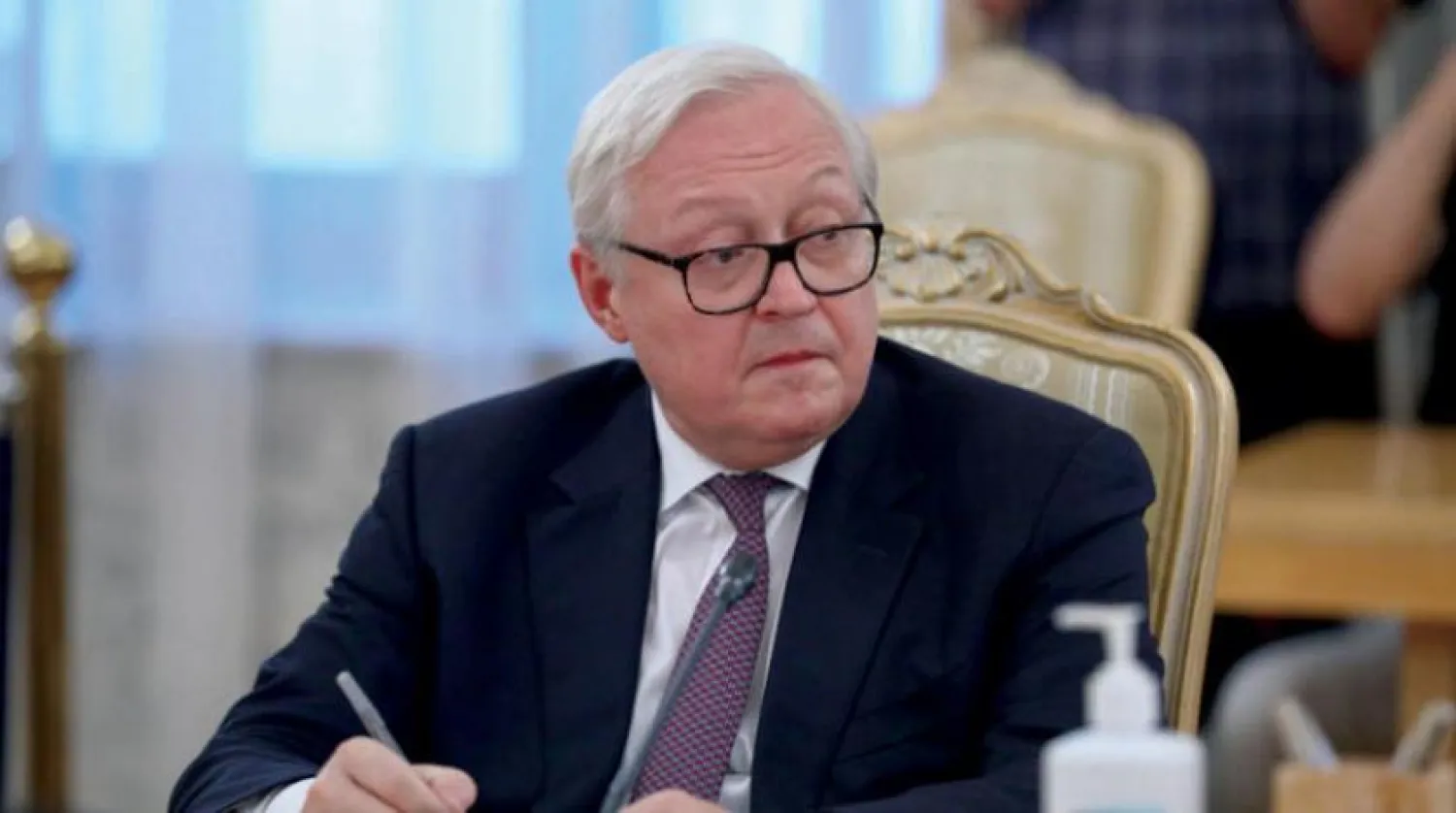A round of Russian-US consultations was launched in Moscow on Wednesday, focusing on the Iranian nuclear program and mechanisms to deal with the stalemate in the Vienna negotiations over the resumption of the Joint Comprehensive Action Plan (JCPOA).
Russia anticipated the dialogue with the US special envoy to Iran, Robert Malley, by expressing “grave concern” over the stalled negotiations, and stressed the need for Tehran to show flexibility regarding international demands.
The US envoy held a round of talks on Wednesday with Russian Deputy Foreign Minister Sergei Ryabkov, who is in charge of the Iranian issue. The two sides are expected to hold a second round of talks on Thursday to seek to converge the views and find mechanisms to re-launch the stalled negotiations in Vienna on the Iranian nuclear program.
Ryabkov preceded the talks by expressing his country’s hope that the United States and the West would not complicate the situation regarding the process of returning to the nuclear agreement. He added that Moscow would call on Tehran to “agree with other parties on this issue.”
Russia is concerned by the lack of progress in the normalization of the situation regarding cooperation between the IAEA and Iran, the Russian state news agency, RIA Novosti, quoted Ryabkov as saying.
“I should also state we are alarmed and concerned as we see no progress in normalization of cooperation between Iran and the IAEA, a number of aspects are in limbo,” he said.
“It is unacceptable to depart from these negotiating positions. Attempts to revise what was agreed in Vienna would be counterproductive and we will keep sending signals about that both to Iran and our colleagues from the Western group,” he noted
The diplomat added: “We call on the Iranian side to show a proper understanding that additional efforts are required.”
Moscow had expressed concern over the stalled negotiations and what it described as “unilateral actions by the parties that impede the return to the dialogue table and making progress,” in reference to the Western threat of sanctions on the one hand, and Tehran’s repeated declarations of reviving uranium enrichment on the other.
Russian state media focused on a recent report by the International Atomic Energy Agency, which revealed Iran’s progress in stockpiling 60 percent enriched uranium.
Russian sources noted that Moscow’s positions converged with the International Energy Agency’s conclusion that the Iranian authorities “create obstacles to verifying the activity of its nuclear facilities,” but at the same time held the West responsible for this development, noting that the policy of Washington and Western capitals led to an escalation of the situation.









